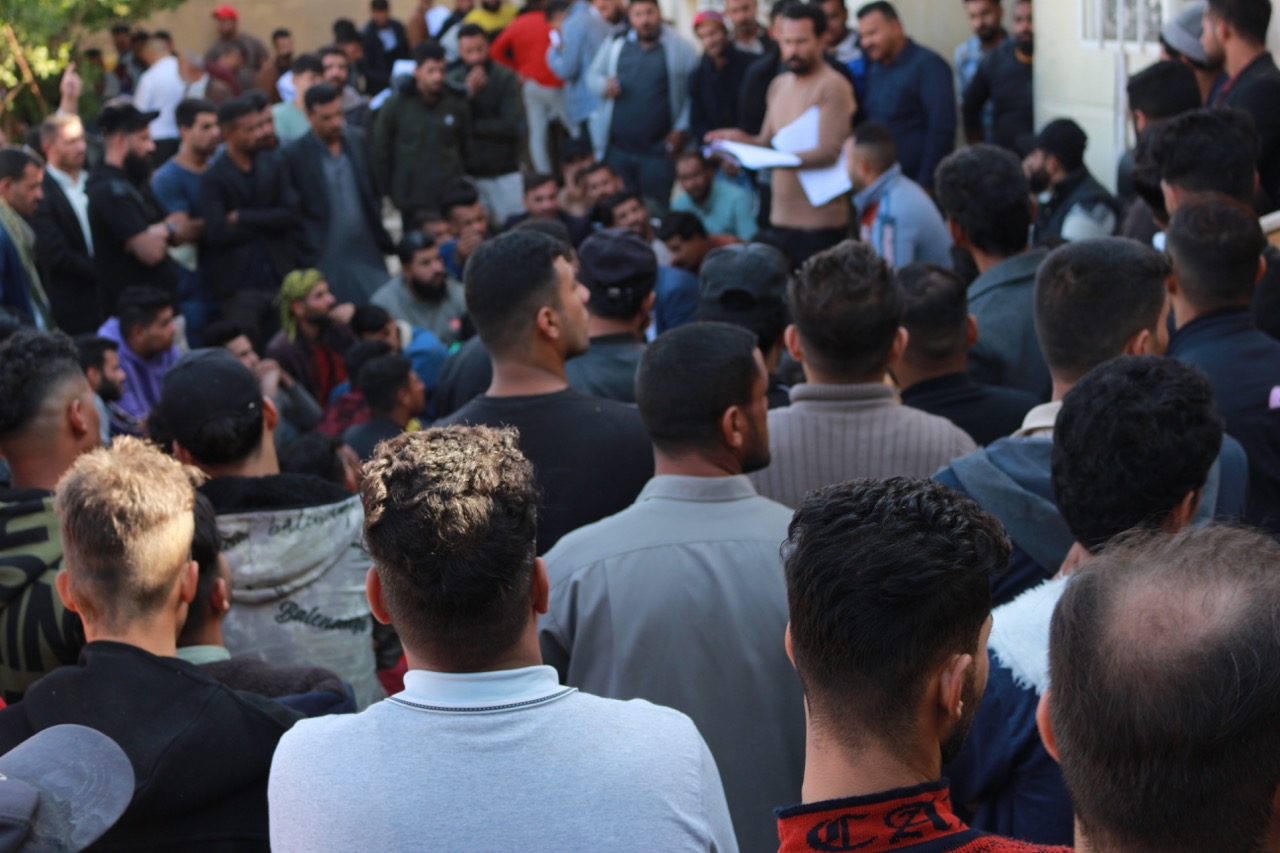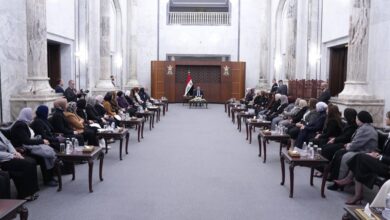Iraq’s population was at a 31.7% poverty rate in 2020, according to the United Nations World Food Organization. The Social Welfare Law No. 11 of 2014 provides support to people in need of social care, including both Iraqi nationals and citizens of foreign countries residing in Iraq permanently and legally.
Speaking on the matter, the MP Amir Al-Mamouri who himself is an orphan, said in an interview with the Iraq International News Agency that “more than a million and a half Iraqi citizens, most of them young people, receive a state salary for various reasons, as the first reading of the retirement and social security law for workers has been completed, which is the real guarantee for workers in the private sector to guarantee their rights.”
He continued, “And we seek to legislate and complete this important law in cooperation with the rest of the deputies, and work to make correct amendments that serve the interests of workers in the private sector, and we will sit and procure dialogue with all concerned parties and beneficiaries of this law.”
And the Minister of Labor and Social Affairs, Ahmed Al-Asadi, announced, in a press statement, that the increase in social welfare salaries will be included in the general budget for the year 2023.
Al-Asadi said, “The increase in the entitlements of those covered by social care will be on the general budget for the year 2023 due to the lack of sufficient allocations with the absence of an operational budget for the year 2022,” noting that “discussions were held with the Minister of Finance about the mechanism for securing the amount of the increase.” He added, “A new plan of social welfare coverage will be announced early next month.”
He also pointed out that “next year’s budget included expanding coverage of social care, and we have more than two and a half million applicants, whose cases will be examined starting from the end of this month.”.
- Published: 5th December 2022
- Country: Iraq































